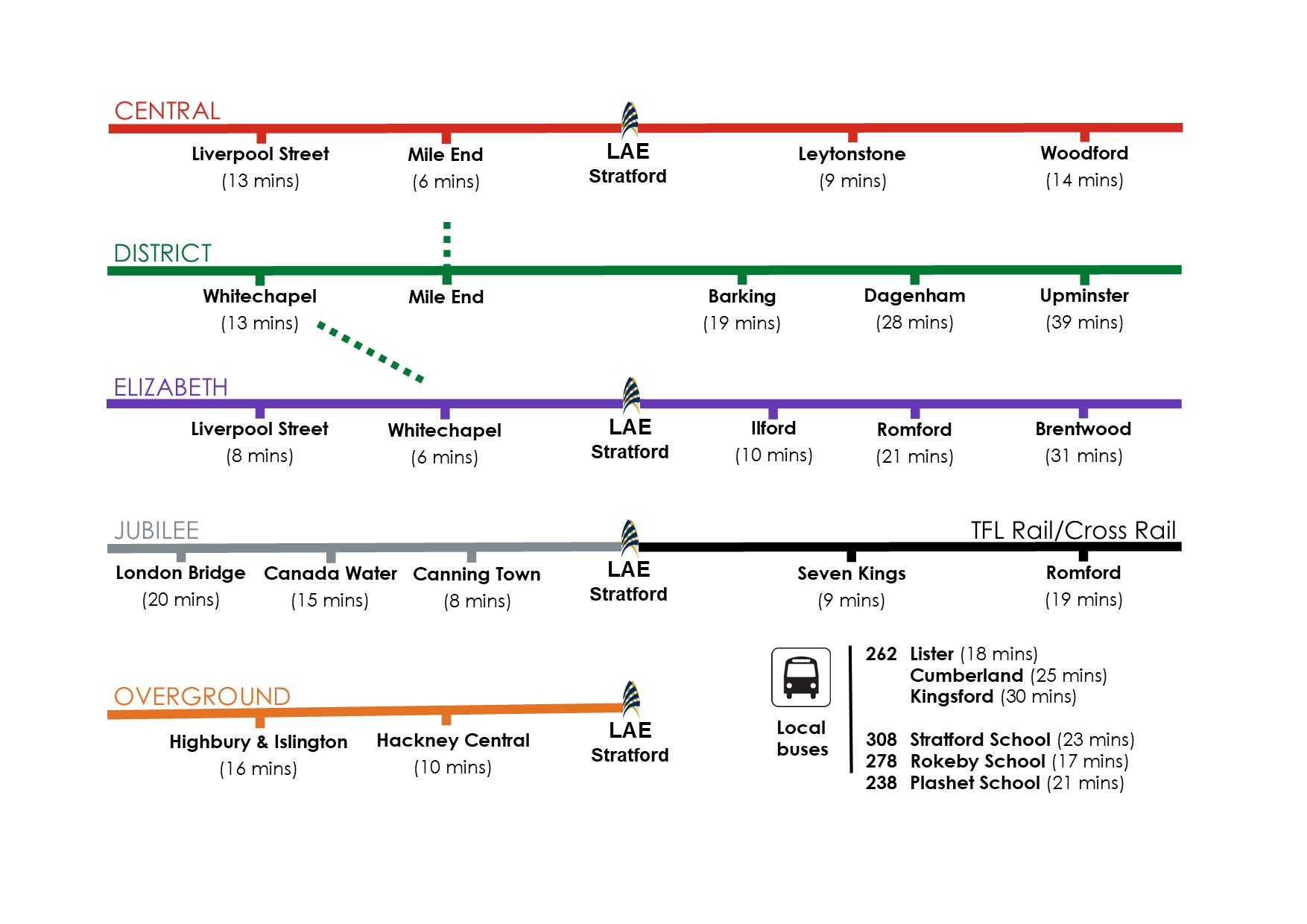 Posted on: 3/02/2026
Posted on: 3/02/2026News
LAE Students Win Tacitus Essay Competition!
At the 37th annual Tacitus Lecture in last year, some of our students heard from John Browne, The Lord Browne of Madingley, on the topic of 'Optimism and Change: Sexuality, Climate and Engineering'. His message about the role of a hopeful outlook in creating positive change was extremely impactful.
Inspired by these words, some of our students submitted essays to the Tacitus Competition, run by the Worshipful Company of World Traders, on a topic of their choice and judged on the quality of their original ideas and clear communication.
We are delighted that Kofi and Subhan have won prizes for their essays. Kofi answered a question about balancing civilisation's need for energy against its potential detrimental impacts. He said, "I chose this topic because I attended the 37th Annual Tacitus Lecture with the school and energy usage was one of the main topics of the lecture. Lord Browne of Madingley, he delved into the critical role a cohesive global response will play in facing the climate crisis, and it led me to ask how his ‘£3.5 trillion’ spending to resolve the crisus could possibly come about given the current political tension between the world’s most powerful nations." Lord Browne's response to Kofi's question inspired his essay, of which you can read an extract below.
'With the industrial revolution came a new era of technological innovation and growth through a reliance on coal, oil and other fossil fuels, but with it also came dangerous levels of air pollution which contributed greatly to the enhancement of the greenhouse effect and climate change. Civilisation as we know it today was founded upon the fossilised corpses of prehistoric creatures which are now becoming more of a detriment than an asset to humanity. Sustainable energy is only part of the answer when it comes to the question of balancing energy needs and the preservation of civilisation.'
Subhan's essay was on the challenges of implementing AI, considering the ethical questions and job displacement it poses, but resolving that it could help socioeconomic growth in the long run if managed carefully. You can read some of Subhan's essay below.
'Despite its potential, AI also presents several challenges and risks that need to be addressed to ensure it contributes positively to socio-economic development. One significant concern is the potential for job displacement due to automation in the economy. While AI can create new jobs, it may also render certain jobs obsolete, particularly those involving routine and repetitive tasks (Autor, 2015). This displacement can lead to increased unemployment and income inequality if not managed properly. Therefore, it is crucial to invest in retraining and upskilling programs to help workers transition to new roles in the AI-driven economy as well as regulate the use of AI.'
Congratulations to Kofi and Subhan on their prize-winning essays!















